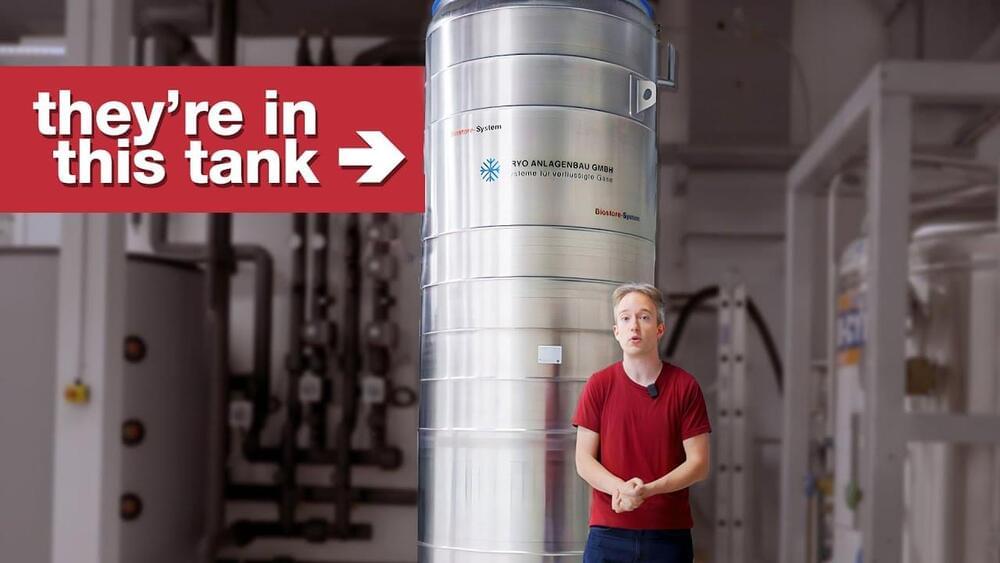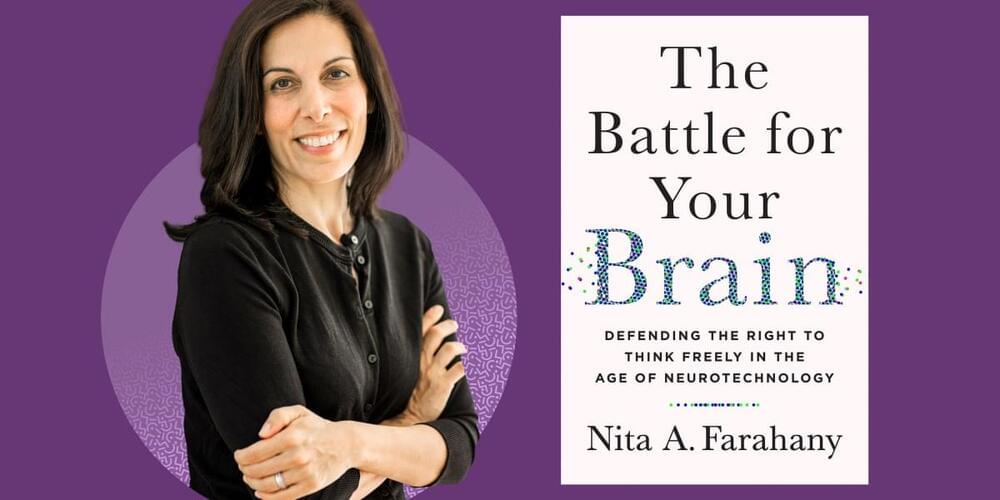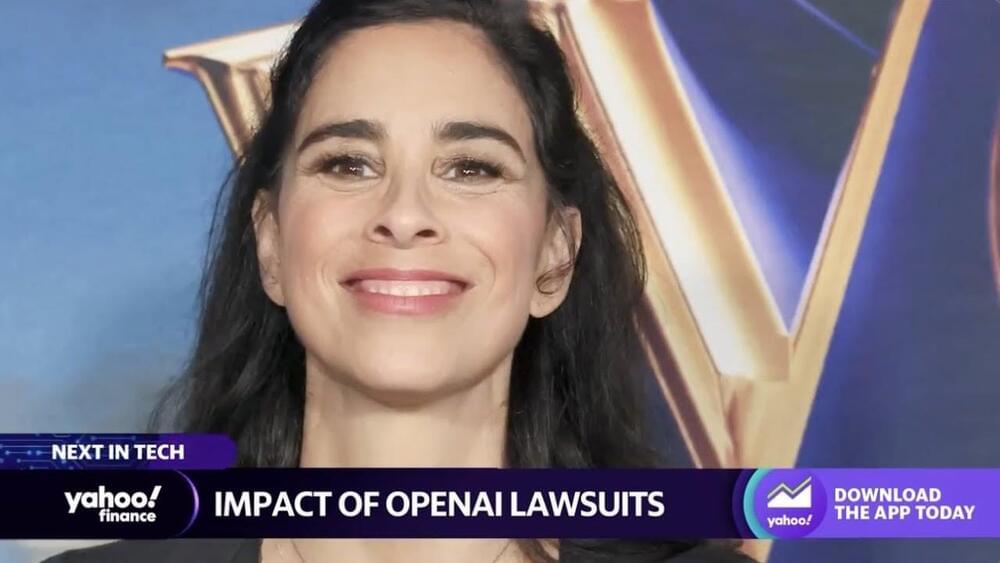
Local and federal authorities spent months investigating a warehouse in Fresno County, California, that they suspect was home to an illegal, unlicensed laboratory full of lab mice, medical waste and hazardous materials.
The Fresno County Public Health Department has been “evaluating and assessing the activities of an unlicensed laboratory” in Reedley, the health department’s assistant director, Joe Prado, said in a statement Thursday. All of the biological agents were destroyed by July 7 following a legal abatement process by the agency.
“The evaluation required coordination and collaboration with multiple federal and state agencies to determine and classify biological and chemical contents onsite, in addition to assessing jurisdictional authority under this unique situation,” Prado said.

















